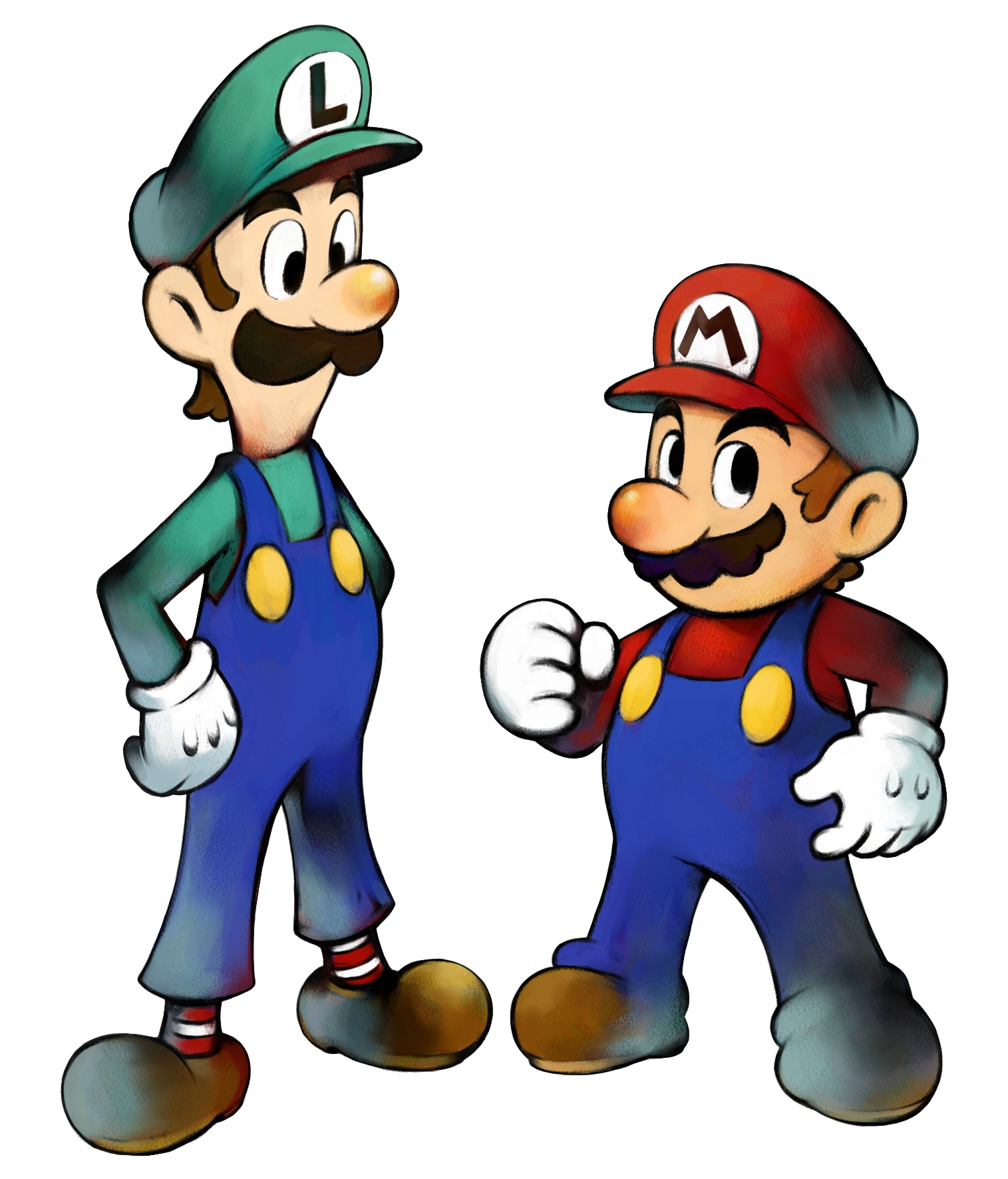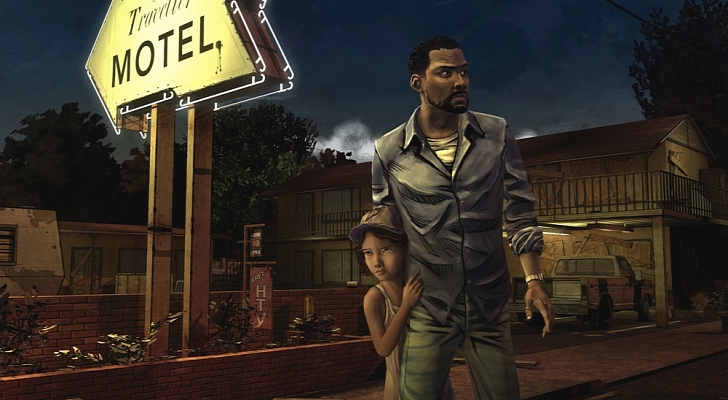
Nothing says utopia like THIS GUN.
The story aspects in the game blew me away. I couldn't believe how much I got invested in this new world, and many of the characters in the game... and then how quickly I could get sucked back out once I walked into another shooting section. You see, Bioshock Infinite is a shooter. Shooters are popular. Frat guys like shooters. Ergo, Bioshock Infinite is a shooter. So you'll quite often come upon sections of the game that forces the story to come to a complete stop so that you can kill a set number of hard-working police officers who think you are trying to destroy the society of their town... which you do. (But don't worry, the game says they are kinda racist, so its ok to shoot them.)
This leads to a complete disconnect in the game from the story. Early on in the game, your partner Elizabeth sees you kill people for the first time, and runs off horrified at the monster you seem to be. I saw this part and thought the game would use this moment to show us the consequences of our actions, and that maybe the violence should be avoided for the greater good. Instead, after a quick moment where she's basically told "No no no, it's OK to kill these guys", she is now suddenly completely fine with it, and begins to help you find ammo to kill hundreds of more policemen with.

Also this thing... killed a few of them too...
Theming and gameplay MUST work together if you want the player to be invested. Yes, the shooting sections were fun and well put together. But why did we need to kill so so so many guards? Because THAT'S what the gameplay was. Because Frat boys buy shooters and I've said this all already.
Let's now compare it to, say, Mario and Luigi: Superstar Saga. Mario and Luigi is a "Comedy RPG Adventure". But to me, the key word there is Comedy. Nintendo didn't just throw in some witty writing and let that be it. They looked at comedy as a design philosophy, and incorporated it into EVERY part of the game. True, the writing of this game is indeed quite funny. I've found myself laughing endlessly by the lines of Fawful especially. But that isn't where the comedy ends. Comedy is embedded into every facet of the game. From character design, to even gameplay mechanics.

You'd be surprised how hard it is to find screenshots of this game...
From here we're introduced to some of the crazier denizens on the Bean Bean Kingdom including our two main villains, Cackletta and Fawful. You can already see that their names are derived from the words Cackle and Guffaw, respectively. This entire world and all of it's citizens are based around comedy including locations like WooHoo University and Chateau de Chucklehuck.
In fact, when thinking of Chuckola Cola, it's kinda impressive the way Nintendo filled this game with Burp and Fart jokes without actually making a single one. Think of the all the references to beans. The main products sold are Cola and Coffee. All of these things which can provide a volital reaction when abused.

Luigi being a rebel with his striped socks.
Now, lets look at the way the brothers themselves. In fact if you think about the subtitle for the game, "Superstar Saga", it should let you in on some of the underlying humor of the game. When Mario and Luigi arrive in this new land, they quickly discover they are quite popular. Well, Mario is anyways. Luigi is just kinda known as that Green guy hanging around Mario. He is often ignored and abused, letting him slowly begin to develop his own character arc. Halfway through the game, Mario is given a poison mushroom, meaning poor, cowardly Luigi must muster up courage to rescue his brother. Here, we see Luigi get a miniature, comedic version of the Hero's Journey, that involves not a small amount of brainwashing. All of this is accented by the fact that Luigi can still only mime his way through conversations.
Mario and Luigi bring us to the main part where we see comedy affect design: The gameplay itself. Now, as a Mario RPG, the series uses turn based battles with a slight twist of being able to dodge attacks or increase damage by pressing buttons at the right time. Standard stuff. But now, the attacks have a more comedic take on them. Think about the various Brother attacks. These team ups feature Mario and Luigi doing things like smashing the other brothers bouncing the attacks back and forth like a game of tennis, and using each other as props to get more damage.
Even the concept of the turn based battles work within the game, as it shows off how talented the brothers are at attacking, and setting it up as if it was a performance, a concept later run with to its full extent with Paper Mario: The Thousand Year Door. Superstar Saga isn't the only game to master this. I can think of a great recent example: The Walking Dead. Yes, you will do some shooting in this game, but it comes at awkward times, without much warning, and isn't set up so that you can somehow master it. You are just a survivor in the apocalypse, and so the game treats you as such.

Well, THIS motel isn't gonna be getting a great rating on Travelocity...
Shooters can do this too. Think of Halo and Gears of War. Both take the concept of shooting and make sure it fits with the theme. You're at war, whether you are a Super Soldier Spartan, or an ex-soldier who is fighting to survive with the last of humanity. Booker is a mercenary, yes, but one that can decimate hundreds of people without anyone bothering to give him a second glance afterwards? Why do people not panic at this mad man. Why is no one else using these vigors to fight him, except those 2 types of people who rarely show up?
Theming and gameplay must work together if your game is to be great, not simply thrown in together because both are interesting on their own, so you hope they just might work in the same game.
